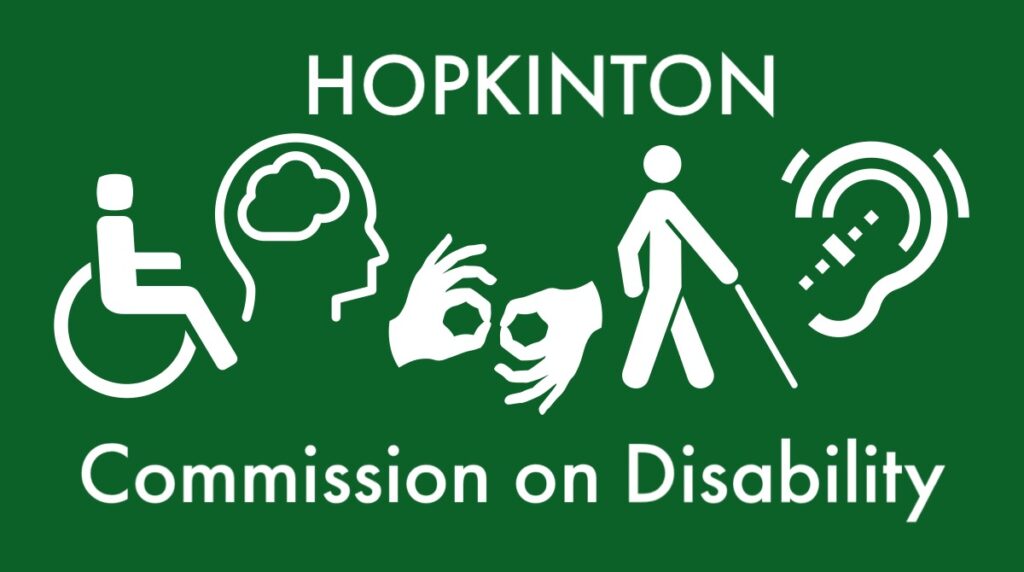The Select Board at its meeting Tuesday night sent a draft of a redaction policy back to town counsel for further tweaking after members offered suggestions for improvements.
Attorney Bryan Bertram prepared a seven-page document that outlined proposed internal guidelines and procedures governing the redaction and disclosure of town records. It provided for several levels of review and approval before a document is released to the public.
The impetus for this sprung from an improperly redacted report that failed to catch two references to identifying information about an alleged sexual assault survivor. This person accused former Hopkinton Police Deputy Chief John “Jay” Porter of raping her while she was a Hopkinton High School sophomore and he was the school resource officer. HPD Sgt. Tim Brennan later was fired for not revealing the information she told him to his supervisors, per department policy, although he insisted he was trying to protect the accuser and ensure she would not recant her accusation if forced to go public when she was not ready.
Immediately after the first night of the Loudermill hearing that determined Brennan’s ultimate termination, the improperly redacted report was published on the HPD news blog and disseminated to the public via social media, causing an uproar and a call for a more stringent redaction policy.
Bertram apologized about the situation at a July Select Board meeting, particularly to the alleged survivor. While the town released the report when it did to increase transparency, several sets of eyes missed the two references.
This is the first time the town has considered adopting a policy of this kind.
Members provide input on policy draft
At this meeting, Bertram explained that he approached drafting the policy from the perspective that some employees “may not have a lot of experience doing this.”
“When I wrote it, I didn’t assume anything,” he said. “You try to break everything down into the discrete steps that you’d want to do.”
It provided a summary of what document reviewers should be looking for as well as a “one-stop shop” reference guide to the exemptions in the state’s public records law.
The document also provided helpful information for reviewers, such as taking frequent breaks so that they are less likely to make a mistake or to review a document over several days.
One employee would be in charge of the redaction of a document to ensure that all the steps have been followed, providing accountability and a “level of discipline.”
“There are at least two sets of eyes on every redaction project,” Bertram added. There will be three checks before the actual redactions are made, and then a final check. A list of keywords would help people involved in the redaction process.
For lengthy or sensitive documents, additional features are put into play, including notifying the Town Manager’s Office. Layers of review can be added as deemed necessary.
Chair Brian Herr acknowledged the reasons behind the drafting of this document. He asked Bertram what it is different in terms of what was done or not done before.
“There was a lot of opportunity for people to catch the mistake,” conceded Bertram, “but not a lot of responsibility, if you will.
“In looking with a lot of humility and self-reflection on what happened the last time, I wrote this policy not only to implement the things that one would typically do when redacting, but to look at what went wrong previously and address it.”
He explained that the policy would apply to the law firm representing the town as well as town employees.
Board member Amy Ritterbusch noted that the term “sensitive records” was mentioned in the document several times, but the term was not defined.
Because there is a 10-day period to respond to public records requests, she questioned whether money should be budgeted for a dedicated employee to help process requests.
Due to the fluctuating nature of requests, Bertram suggested that the town may need to hire a temporary person on occasion to help, but he cautioned against the expense of a salaried employee.
Member Shahidul Mannan suggested that a flow chart be created to illustrate the steps involved. He also called for a way to categorize documents by levels of sensitivity so that people with higher levels of responsibility would be in charge of those documents and provide “additional scrutiny.”
Herr said a training program would need to be implemented for Town Hall employees.
He also mentioned a public records request brought up by resident Steve Snow during the public comment period. Snow said he has been waiting for months to have his request fulfilled.
Bertram said that request is taking longer to fill “because of email searches” and having to redact personal email addresses from documents.
Bertram will take the board’s suggestions and tweak the document so that it can be presented at the next meeting for a final review.




















0 Comments